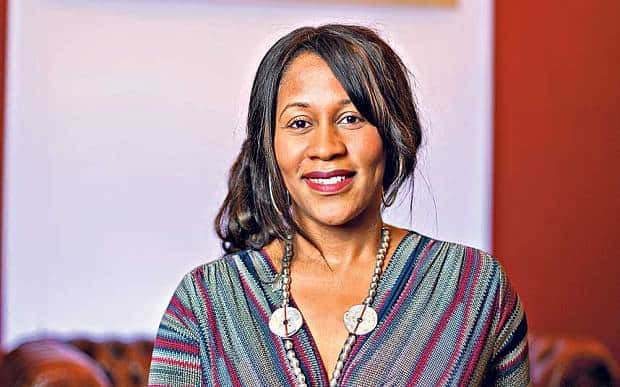Bumped into a still ashen adman on his way back from a NABS breakfast the other day (NABS is the UK’s advertising charity). One of the speakers had been MediaCom chairwoman Karen Blackett (below), a single parent.


Blackett had been talking to her audience about diversity, something she clearly knows a lot about. The trouble is (if, indeed, it is trouble) that some leading lights in adland seems to talk about little else these days, particularly in the pages of UK trade paper Campaign. (My friend did concede that adland was still a boy’s club in many respects.)
We’ve had fair deals for women for a while now and also some praiseworthy attempts by agencies including CHI, McCann and Carat to enlarge the pool of recruits to the industry, away from white males from posh universities.
Now Campaign and another WPP media agency MEC are back in the lists with a YouGov survey Age in the Workplace purporting to show that adland is more ageist than other sectors with 42 per cent of respondents working in advertising and media saying they’ve encountered ageism, 32 per cent towards themselves.
40 per cent of those aged over 45 say they’ve lost out on a job because of age (twice the national average), half of these were told they were “over-qualified” with many others actually told they were “too old.”
There’s more but you get the message.
But will highlighting ageism actually do anything to solve the problem? On the women issue agencies and others can actually improve the status, prospects and working conditions at little extra cost. Imagination goes a long way. One presumes women leaders like Blackett and that other diversity champion Lindsay Pattison at Maxus have already done so. Same with recruitment. But age is a more difficult question and, as with most such things, “it’s the economy, stupid.”
As people get older they usually cost more, if the company in question believes in annual pay increases. So someone younger is cheaper if not necessarily better. With agency margins under pressure such so-called “middleweights” are ruthlessly rooted out. If you’re not a boss (that is, the one doing the firing) then your life expectancy is low. It’s like Rollerball.
Agencies pay a price, of course. Clients object to wet-behind-the-ears suits turning up to talk to them about spending millions of pounds. Ultimately the status of the whole industry suffers. There’s an ever declining number of senior creatives, the ones who can remember how to make a proper ad as opposed to sparking up a Mac. Which may be why the same old lags pop up time and time again as creative directors (in their many and mystifying guises these days). One year they’re turfed out of agency A, the next they’re turning up at agency B as the best thing since sliced bread. Often at the same holding company.
That’s a big part of the problem, of course. The big quoted holding companies have to make their quarterly numbers and that means skimming 20 per cent off the top of agency earnings. So there’s no money left to recruit or retain more people. Even those in expansionary mode want to do it more cheaply and that, usually, means younger unless you’re on dry land in the C-Suite.
in the UK Brexit will, probably, make things worse.
So the best option will still be to prepare for something else after 40. Or find something else to do in the first place.









